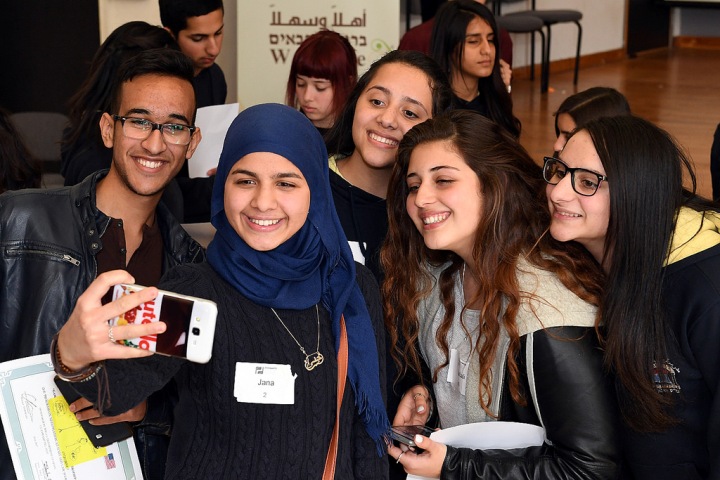TVET in South Sudan expected to provide skills development opportunities
The honourable members of the TNLA who participated in the workshop proposed the establishment of a Body of Authority for TVET governance and the need to develop a unified and harmonised TVET policy as some of the structures necessary to have efficient, effective and well-coordinated TVET interventions countrywide.

- Country:
- South Sudan
Technical and Vocational Education and Training (TVET) in South Sudan is expected to provide skills development opportunities for the largely young population of the country. It is estimated that 59% of the working age population has been unemployed for a year or more and up to 70% of young people lack access to financial capital to launch or build businesses and promote private sector development (UNESCO, 2018).
In order to address fragmentation and incoherence in TVET policies and service delivery and foster knowledge sharing on how best the TVET structure can be governed and coordinated in the country, the Transitional National Legislative Assembly (TNLA) - Committee on Education, Research, Science & Technology in collaboration with the Specialized Committee of Labour, Public Service and Human Resource Development organized a one-day workshop with technical support from UNESCO through its Capacity Development Programme for Education.
In his opening remarks, Mr Saidou Sireh Jallow, UNESCO country representative stated that, in the current fragile environment caused by prolonged conflict, TVET can serve as a vehicle for improving economic means and livelihoods and thus can contribute to peacebuilding and resilience by engaging young women and men in the employment sector.
Ms Foda Michael, Representative from the Embassy of Sweden, pointed out that, the TVET sector is mandated and implemented by twenty-one government institutions in addition to development partners and private sectors operating in a silo, coordination and governance is weak in the absence of a national governance apex body. Moreover, budget allocation and investment in this sector by the government of South Sudan is very low (i.e. less than 1% of the budget of the Ministry of General Education and Instruction (MoGEI)
In his concluding remarks, Hon. Ahmed Mohamed Musa, Chairperson, Committee for Education, Research, Science and Technology at the National Legislative Assembly echoed that TVET is one of the most important types of education. However, challenges such as a lack of adequate infrastructure and funds have had a negative impact. TVET is neglected by the people of South Sudan, as it has been perceived as a programme for failure or dropout students. We need to work together to come up with one aim to offer appropriate vocational education and skills to our youth and people with a proper, rapid and robust TVET.
The honourable members of the TNLA who participated in the workshop proposed the establishment of a Body of Authority for TVET governance and the need to develop a unified and harmonised TVET policy as some of the structures necessary to have efficient, effective and well-coordinated TVET interventions countrywide.
This initiative was led by the Transitional National Legislative Assembly (TNLA)- Specialized Committee on Education, Research, Science & Technology with support of UNESCO’s Capacity Development for Education (CapED) Programme supported by Finland, Norway, Sweden and Dubai Cares. The contents of this press release are the sole responsibility of UNESCO and do not necessarily reflect the views of the financing donor community.
(With Inputs from APO)










